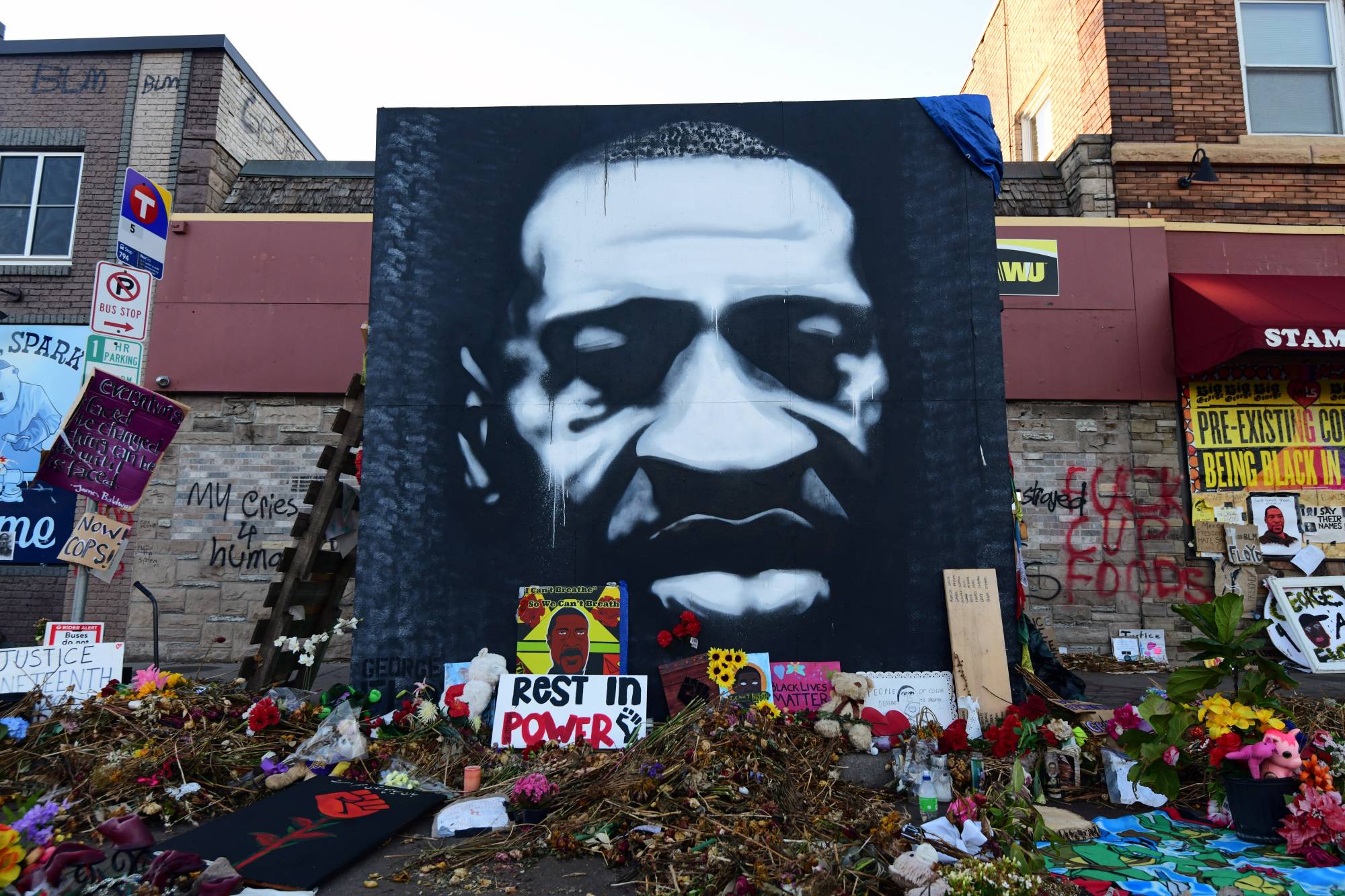On May 25, 2020, a 17-year-old girl filmed a disturbing video, which subsequently went viral, of a white Minneapolis police officer kneeling on the neck of a black man, handcuffed and lying facedown on the pavement, for 9 minutes and 29 seconds. The man, George Floyd, died that day.
For millions of people worldwide, Floyd’s death was a wake-up call regarding the pervasiveness of systemic racism and police violence. The Black Lives Matter movement capitalized on this growing awareness, organizing protests on the streets of cities across the United States, which inspired demonstrations from France to Colombia to South Africa. And, in a testament to the power of organization, the protests effected real change.
The police officer who killed Floyd, Derek Chauvin, has now been convicted of murder and sentenced to more than 22 years in prison. But the BLM protests achieved something more consequential: the creation of an international commission, on which I served, to examine police racism in the U.S. We found that the persistent systemic racism against African Americans in the U.S. constitutes a crime against humanity and merits an investigation by the International Criminal Court.

















With your current subscription plan you can comment on stories. However, before writing your first comment, please create a display name in the Profile section of your subscriber account page.